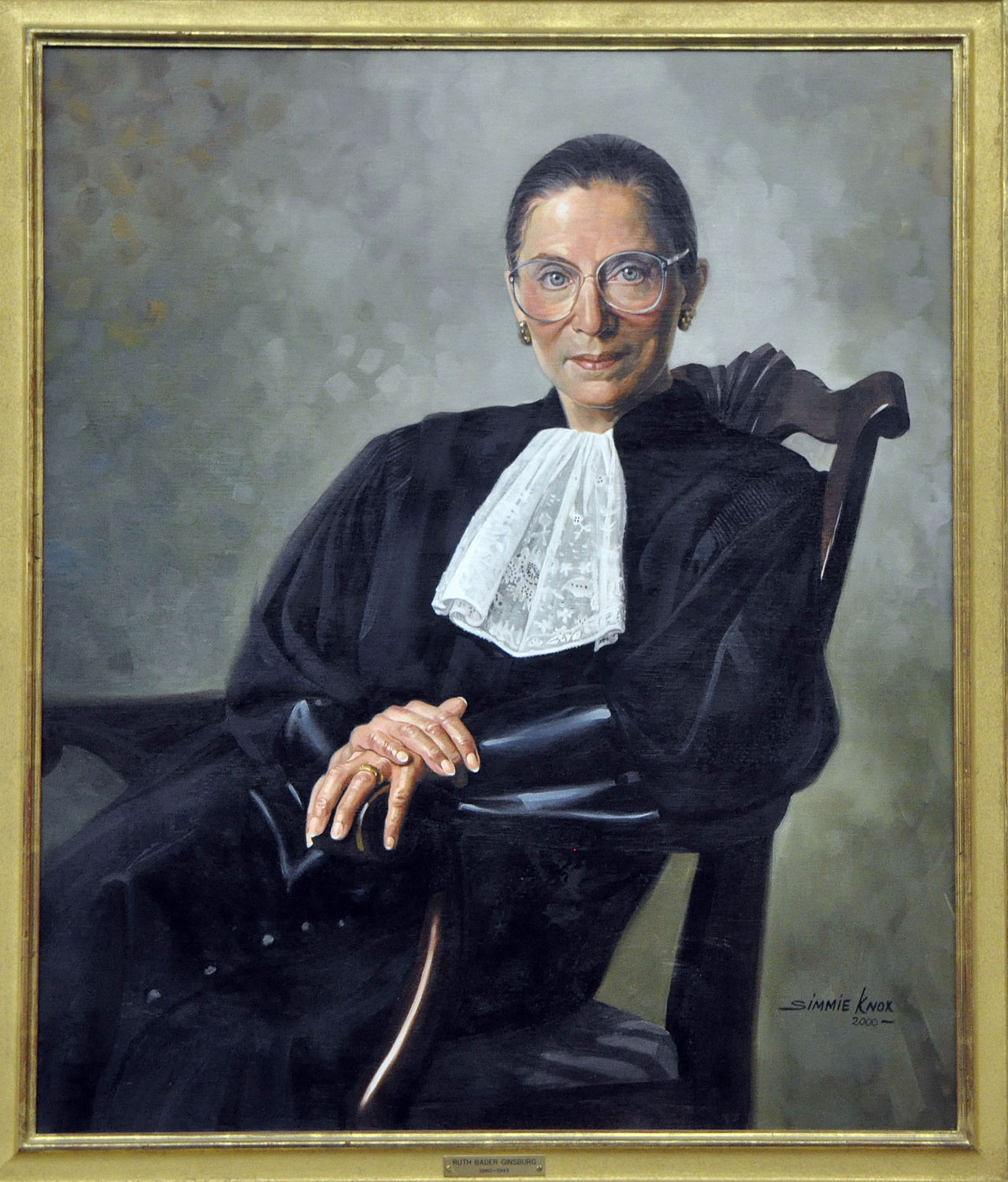Samsoondar v Capital Insurance and Surrey Co Co v NHS Lincolnshire CCG – Part 1 – Introduction: Occam’s Razor and Birks’s Augmentation
 I first encountered Occam’s Razor in the writings of Peter Birks:
I first encountered Occam’s Razor in the writings of Peter Birks:
‘It is vain to be done with more what can be done with fewer’; or, ‘Entities are not to be multiplied without necessity.’
(Peter Birks An Introduction to the Law of Restitution (OUP, revised ed, 1989) 75, citing Bertrand Russell A History of Western Philosophy (2nd ed, Allen & Unwin, 1961) 462-463).
Birks also wrote that there “is a counter-principle of ‘Occam’s razor’ … that, as you must not have too many entities, so also you cannot do with too few” (ibid, 91). This is inherent in Occam’s Razor itself, of course, especially as formulated in Einstein’s Constraint, that “Everything should be kept as simple as possible, but not simpler” (emphasis added). But the Birks formulation is stronger, since it suggests that, even though there are virtues in shaving away unnecessary entities, not only are there limits to how much may be shaved away, but there are also virtues in adding necessary entities in. Let us call this “Birks’s Augmentation”.
All of this occurred to me as I was reading two interesting cases of restitution for unjust enrichment in which judgment was handed down just before Christmas.…



 The truth, as Oscar Wilde has Algernon Moncrieff remark to Jack Worthing in Act I of
The truth, as Oscar Wilde has Algernon Moncrieff remark to Jack Worthing in Act I of 

